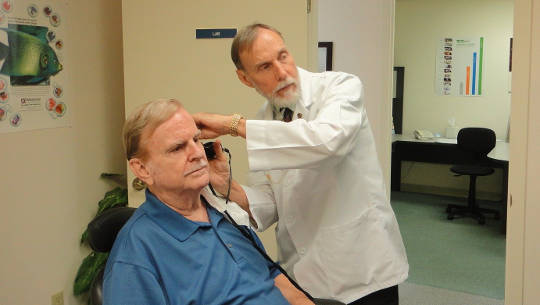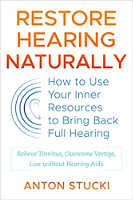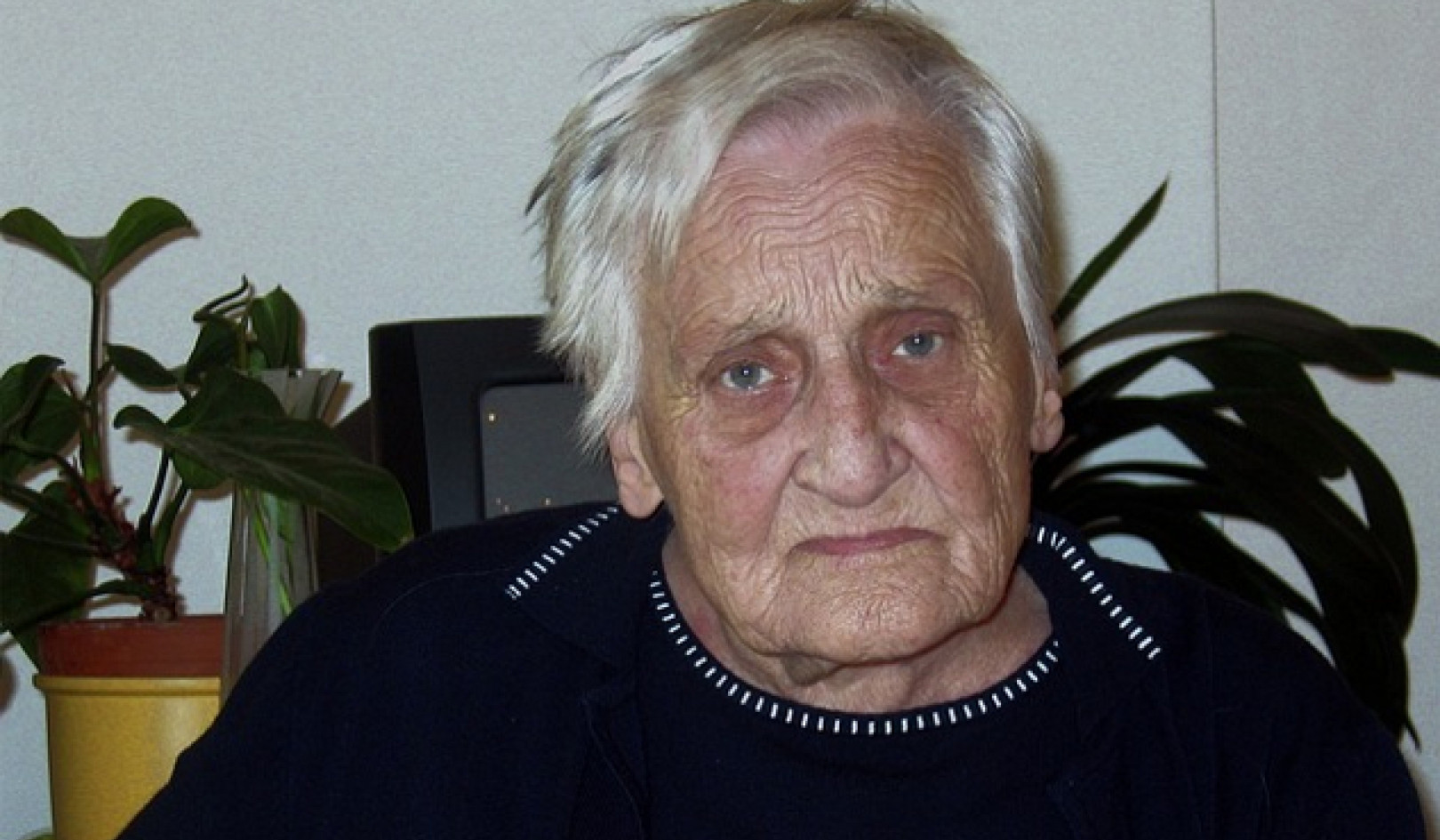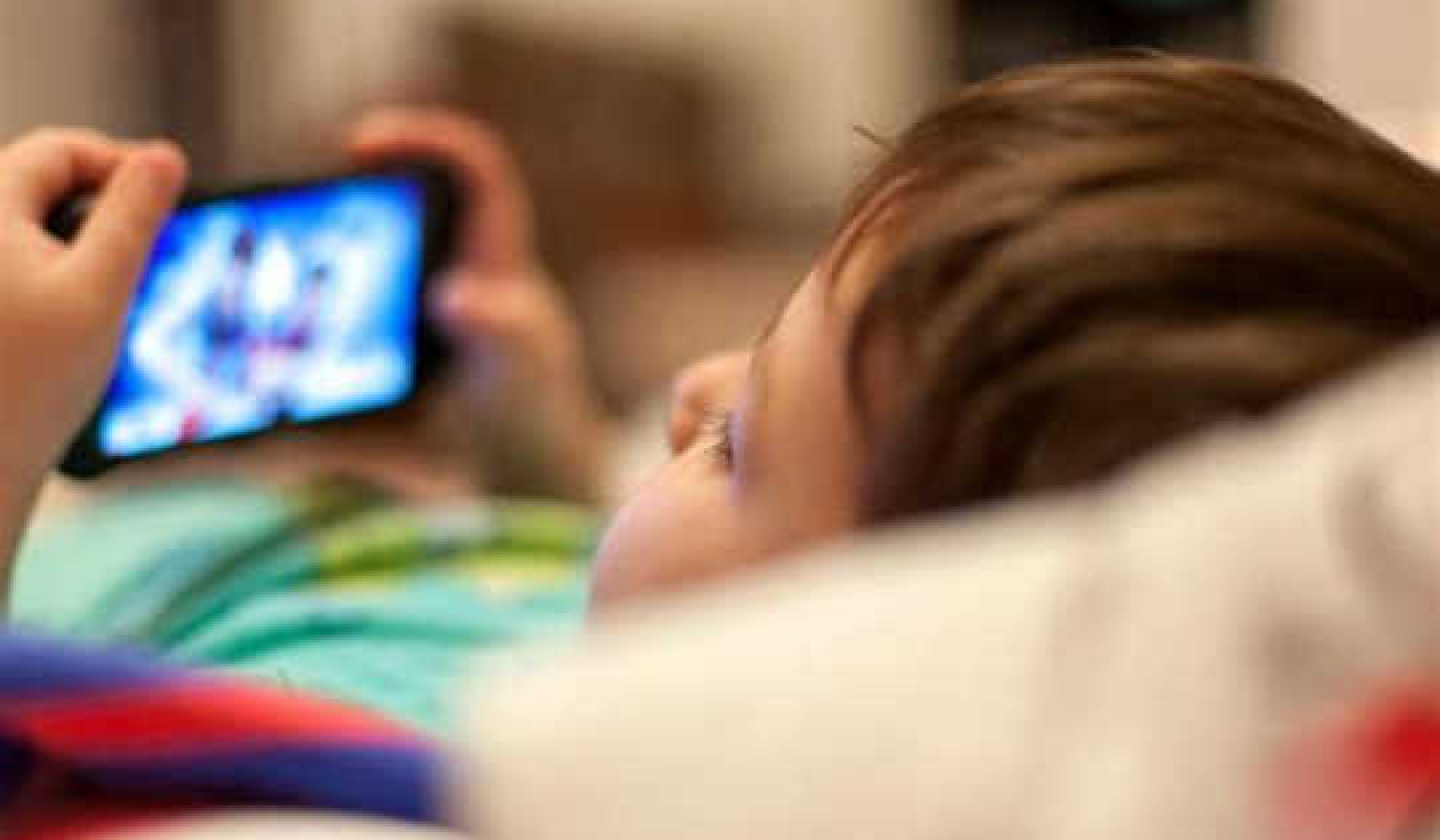
Image by williamsje1
Narrated by AI (Artificial Intelligence)
One morning an elderly woman called me and asked, “I heard that you can improve your hearing, even at my age. Is that really true? And how does that work?”
Through hearing, we have a special connection with everything that surrounds us—with the people we meet, with the birds that sing their songs, with the airplanes that fly above us, or with the pounding jackhammer on the road. We are in contact with all these things and many, many more through the sense of hearing.
Not being able to hear is not normal—not even when you get older. Yet it happens all too often, and it’s usually as a result of stress or certain traumatic events in life. At some point we realize that we are constantly saying, “What did you say? Please say it again.” Sometimes we add an apologetic “I’m sorry; it’s so loud in here I can’t understand you.”
This book is about how we can rebuild our sense of hearing naturally, step-by-step. Hearing doesn’t regulate itself, so we need to understand the cause of hearing loss and adopt suitable training techniques that will restore this invaluable sense organ.
The World in Our Ears
Receptive: Open and responsive to sensations, ideas, impressions; fit to receive and transmit stimuli
The ear is our most receptive sense organ, keeping us in constant contact with our environment, our surroundings. Although the ear seems to be designed for the purpose of passively recording our impressions, it is like an antenna, always actively receptive to the world so as to fulfill its function. What we hear penetrates deep layers of the soul; therefore the ear is critical to information acquisition and processing.
As early as 4.5 months after conception, the auditory organ in the growing fetus—the labyrinth and the cochlea—is already fully formed into its final size, proof that humans want to be able to hear as soon as possible. So before we are even an inch in length, still gestating in our mother’s womb, we are already developing what will later become our two ears.
This first physical development of our sense of hearing grows incredibly fast: 4.5 months later our actual hearing organ is already fully formed in its final size. In contrast, all the other features of the body continue to grow for many years after we are born, until around the age of 20. Everything else we need for our [fetal] development, our mother provides.
Our ability to hear while we’re still in the womb affects our brain’s development. Here’s how: Anatomically, the organ of Corti, the receptor organ of hearing located in the cochlea, is the place where acoustic pulses are converted into electrical signals and then go through the neural pathways to the cerebral cortex. On each of the approximately 20,000 sensory cells, the Corti cells, is a tuft of cilia. The cilia decode high-frequency sounds, thus supplying our brain with vital neural energy.
Hearing Between the Lines
Through the ear we absorb vibrations, and sometimes we even listen between the lines and feel this unspoken vibration in our heart. If the words, the sounds, are soothing to us, beauty and the joy within us will be addressed. If the words are sharp and hurtful, we feel dissonance and pain. This also affects our balance and our sense of space. We then say, “That blew me away” or “I don’t know which way is up and which way is down.”
The vestibule is our main balance organ. Through the nerves of the spinal cord every muscle in the body communicates with the organ of balance, which unites with the nerve of the auditory organ. Thus the distribution of tension in the body, including muscle tone (cramping or laxity), posture, motor skills, and fine motor skills are regulated by the ear, which acts as a supervisory organ. One speaks of a cybernetic control loop consisting of the brain (issuing commands), the muscles (executing those commands), the ear (controlling the commands), and back again to the brain (correcting the commands as needed).
A Hunter with Hearing Loss
An outdoorsman in his early 70s who had hunted all his life could no longer hear notes in the high frequency as a result of the damage resulting from shotgun noise, such that when he went into the forest he couldn’t hear the sounds of the birds and other critters any longer. This pained him greatly.
We trained intensively, using the basic method described in chapter 5. During this time he discontinued the sport of hunting. At the end of the training I played him a special CD with different bird sounds, and after a while I observed tears running down his cheeks. He had been told by doctors that he must accept the fact that he would never again hear the sound of the birds, and yet now he heard their melodies.
I told him that were he to resume shooting for sport, his hearing problem would most likely return and he would not be able to hear the birds again. We discussed this in detail—he had to decide right then and there whether he was going to change his life—whether his love of shooting was greater than his love of hearing the birds and other sounds of the forest. He opened up and told me that he had increasingly been having difficulty shooting—“not because of the loud bang, but to see the death that comes from my hand—it bothers me.”
In this case, it was not so easy to just say, “I have a problem with shooting, but I want both to be able to shoot and to hear the birds.” The man could not have both. He also had to ask himself whether hunting animals was still right for him.
Sometime later, he called me and said he was very happy hearing the birds in the forest. When I asked, “And what about shooting?” He replied, “Shooting? Yes, I now have a great camera, and I shoot photos of the birds as often as I can.”
To hear is indeed to listen: What does the world want to tell me? I have to listen to that too. What does my inner voice say? Do I have to change anything? As a good friend of mine said, “The nice thing about attitudes is that you can adjust them.”
Three Ways an Experience Manifests in the Body
Life entails experiencing conflict from time to time. Arguing with our partner, getting angry at work, becoming resentful when someone insults us or unfairly accuses us—an emotional upset might make us feel that I don’t think I’m hearing this right! or I can’t believe my ears! These are the kinds of feelings we may have when we experience conflicts connected to our auditory system.
Sometimes such situations have a physical component; more often they don’t. Not every conflict strikes us in the pit of our stomach, but sometimes a physical reaction is an indicator that something just doesn’t sit right with us and even overwhelms us.
A listening experience involving emotional trauma brings three factors together in a single moment:
? shock (surprised),
? isolation (one feels alone at the moment), and
? acute and dramatic personal threat (the situation has significance for us at the moment).
If these factors occur in an accident or injury, the natural healing process is hampered, or at least very slow. I’ll first give you another example of an emotionally traumatic and biologically active situation of our practice.
Childhood Tinnitus as a Result of Father’s Criticism
Wolfgang, a man in his 40s, told me that he can still remember how his tinnitus started. When he was 6 years old the family went on a skiing holiday. His father had always had high expectations for him and impressed these upon him: Wolfgang had to be among the best and learn everything as well as his father. Above all, he should not be a coward.
Wolfgang recalled having to take the ski lift one morning after a short period of “practice” that consisted mostly of his father saying, “You’ll learn, it’s easy!”
“As we stood in line and I saw how far the chair lift went up the mountain, I got scared,” he said. “I didn’t want to go up there, and I told my father so. Then he snapped, yelling at me in front of everyone: ‘You weakling, you sissy!’ My mother, who was standing a little farther back in the line, didn’t do anything to help me. I couldn’t move for I don’t know how long—all I knew was that suddenly there was a sound in my ear.”
Hyperacusis: Acute Sensitivity to Sound
People who suffer from the symptoms of hyperacusis, an acute sensitivity to sound, especially certain sounds, have at some point in some way been frightened to death. They perceived a threat that overwhelmed them and decided not to hear it.
With hyperacusis, you actually hear things that others can’t or do not perceive as a noise burden. This hypersensitivity is no improvement in hearing in the sense of strengthening, however, because it is an overstimulation of auditory perception, similar to having very sensitive skin and wearing a garment that constantly irritates the skin.
This overstimulation is often perceived as very painful and can lead to severe hearing loss. These people are in a constant state of tension to avoid being surprised by loud noises, or they withdraw into a space as quiet as possible because the usual noise of everyday life is too painful for them to bear. They seek a “cave” in which to find security through seclusion from the world.
When considering the symptoms we must try to figure out what they’re telling us. It’s basically this: I don’t miss any noise. I hear the smallest of sounds, so nothing can surprise, threaten, or overwhelm me. I can now avoid the worst that has happened to me and I no longer have to experience it.
People with hyperacusis are often sensitive beings who have experienced bad things in early childhood. Building trust and a cautious approach is necessary for them, especially if they have experienced this level of hypersensitivity for several years and are therefore highly defensive.
The Clattering Sounds of the Kitchen
Mr. L. is a young man in his early 20s with strong hyperacusis. The clattering sounds of dishes, kitchen utensils, and pots and pans are especially disturbing to him. When we first met, his sensitivity had already reached a level that made it painful for him to eat with other people.
The food sounds, especially the quiet scraping and clattering of spoons, cups, and forks, were so unbearable to him that his system reacted with a strong temporary hearing loss, while at the same time he fell into a sort of rigidity in which he could only move in slow motion. His movements froze as if someone had flipped a switch. After many conversations, including some that involved his mother, we explored what the causes of his hypersensitivity might be. The following picture emerged.
In his first 2 years of his life, his mother always kept him in a small cot in the kitchen while she was busy cooking. His father was a violent man, and his older brother often came into the kitchen, where some very ugly scenes ensued, with shouting and physical violence, dishes smashed, and so forth.
Finally his mother left the home and took the young Mr. L. with her to live in a women’s shelter until she could find a permanent living situation. In recounting this period of time the mother said that her young son had fewer and fewer movements, which she didn’t notice until someone pointed out that he was virtually motionless and had become very thin as well.
In the women’s shelter and afterward, the young Mr. L. was always a bit quieter than other boys his age. He was sensitive to sound, but without showing any other abnormalities. That changed later in life when he began an apprenticeship as a cook, which he completed successfully, after which he continued to work in a big kitchen. There he had a male and a female boss, both of whom constantly argued about the right strategy and who had what skills and what to do. With this new situation he gradually became more and more sensitive to the sounds of the kitchen, until he couldn’t stand it anymore and finally had to leave the job.
Healing hyperacusis is a gradual process that takes time, patience, and perseverance. If possible it’s always helpful if both parents can be involved if the hyperacusis is connected with them.
With any disorder of the ear, to address the issue of what made me so painfully sensitive is all the more possible, the more I deal with the general context of the development of physical pathologies. As a result, a knowledge arises that there can be a resolution of the pain!
©2018 (in German) & 2020 (translation). All Rights Reserved.
Reprinted with permission of the publisher, Healing Arts Press,
an imprint of Inner Traditions Inc. www.innertraditions.com.
Article Source
Restore Hearing Naturally: How to Use Your Inner Resources to Bring Back Full Hearing
by Anton Stucki
 Through hearing we are connected with everything that surrounds us. Yet millions of people, young and old, suffer from hearing loss, which disrupts this special connection not only with our surroundings but also with our friends, loved ones, and coworkers. As Anton Stucki reveals, onset hearing loss as well as other conditions of the ear canal, such as tinnitus, industrial hearing loss, and vertigo, are not part of our normal physiological aging process. The brain is naturally able to compensate for hearing loss, even in situations with loud background noise, yet as we age, we often lose this adaptive ability.
Through hearing we are connected with everything that surrounds us. Yet millions of people, young and old, suffer from hearing loss, which disrupts this special connection not only with our surroundings but also with our friends, loved ones, and coworkers. As Anton Stucki reveals, onset hearing loss as well as other conditions of the ear canal, such as tinnitus, industrial hearing loss, and vertigo, are not part of our normal physiological aging process. The brain is naturally able to compensate for hearing loss, even in situations with loud background noise, yet as we age, we often lose this adaptive ability.
For more info and/or to order this book, click here.
 About the Author
About the Author
Anton Stucki is an audio expert, well known in Germany for his hearing recovery system. For over 10 years he has helped thousands of people restore their hearing and has trained medical practitioners and therapists to use his system.
He lives in Brandenburg, Germany.


























